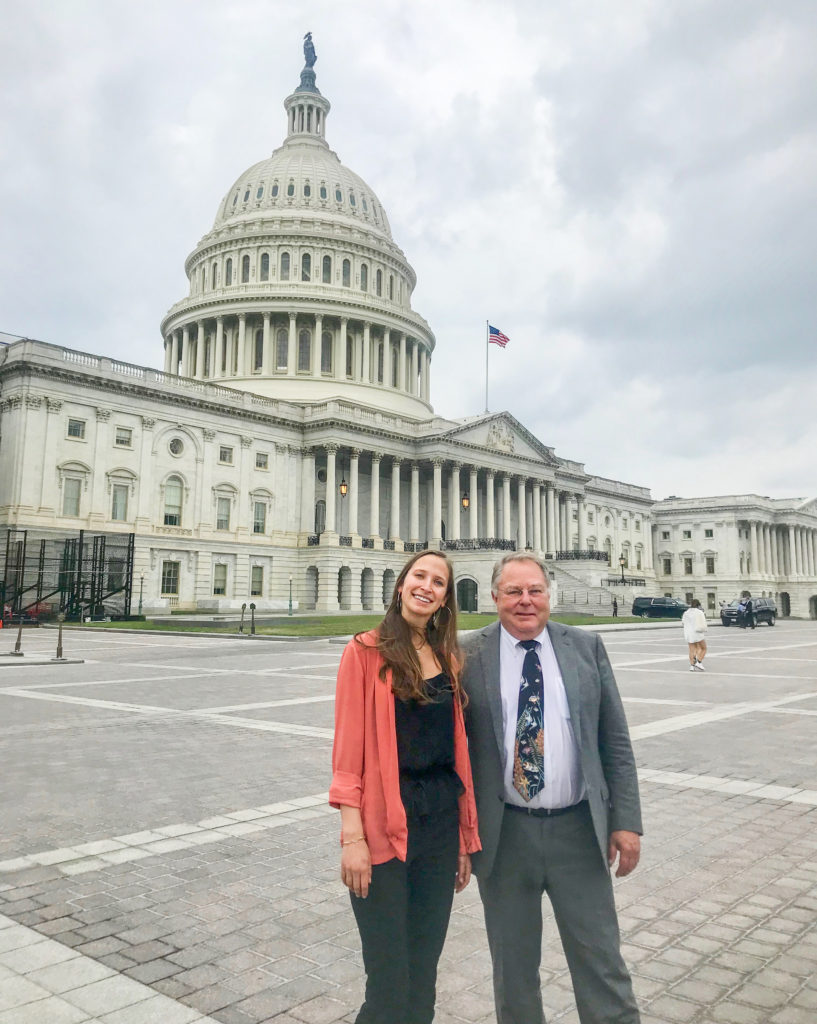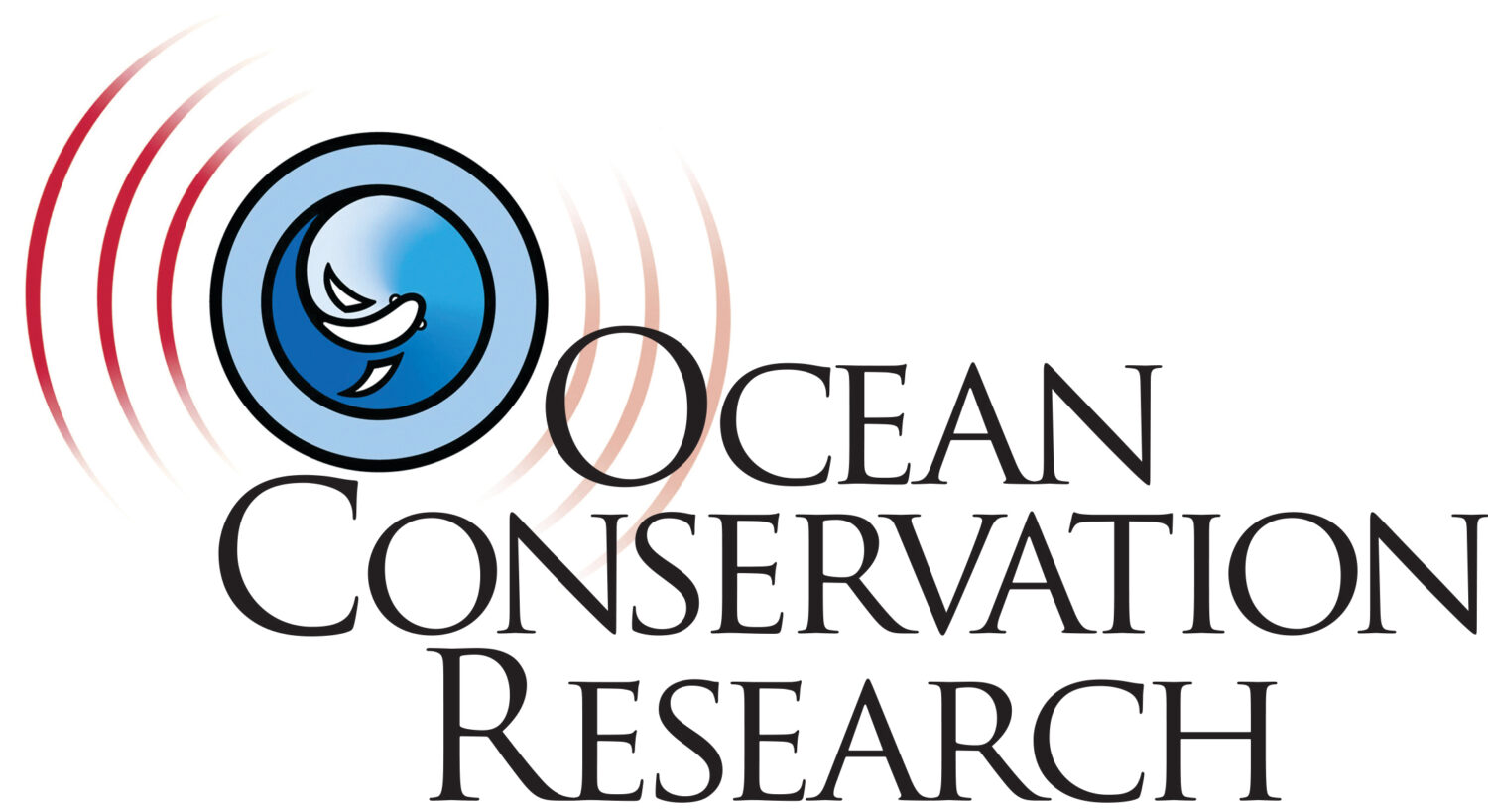Second field report from Washington DC
 OCR Communications Director Daniela Huson and Michael Stocker
OCR Communications Director Daniela Huson and Michael Stocker
Typically, when we hit Washington DC, there is some pending legislation or policy reauthorization taking place. These events are usually timed to coincide with “Capitol Hill Ocean Week” (CHOW) which draws a parade of ocean conservation interests to argue and inform lawmakers and regulators about the attendant issues.
This year there were no pending or developing bills or reauthorizations, so with the exception of the pending Atlantic Seismic Surveys there is no specific ocean action asking for our direct attention, which probably accounted for the paucity of marine conservation activites outside of CHOW.
This was fine for us, as it gave us an opportunity to stretch out our office visits and dive into a bit more detail on our particular ocean noise concerns. (Usually with 100+ ocean groups hitting The Hill, meetings are coordinated in affinity groups defined by region – giving each participant just a few minutes to argue their particular case.) We also decided to visit a few Republican offices – which I haven’t done since 2002 – largely due to Republican’s characteristic hostility to conservation and environmental regulation.
But due to the aforementioned Atlantic Seismic Surveys, some of the Republican representatives are “vulnerable.” They are being given marching orders by their funders to push an agenda that directly conflicts with the interests of the people who have elected them. It seems that absolutely nobody outside of industry really wants the industry’s agenda. And nowhere is this more obvious than the offshore oil leasing plan, which hinges on the seismic surveys.
For the moment these industrial plans are toxic enough to Republican voters for the Administration to postpone them until after the next presidential election. But postponement is unlikely to change public opinions about them. Our strategy was to visit electorally vulnerable offices and give them ways of understanding the current regulations that would prove useful in supporting their objections to the surveys.
This is about as politic as I get; I attempt to drop some non-threatening scientific evidence into the discussion and hope it finds a useful place to roost. This worked well for us in 2006 when then Representative Mark Foley (FL-16) was headed to the floor to cast a deciding vote on opening up the Eastern Gulf to oil and gas development. This was something that his constituents really did not want, but his funders did. Rep. Foley was backed into a corner; all of the oil-spill arguments had been “run until dry” and there was not much new to be said. It was a paper we handed him on industrial noise impacts in this precarious moment that covered his vote against the proposal. This was not something I had planned, but it worked wonders.
Last week we were focused on the offshore antics from the perspective of NOAA’s regulatory shortcomings. This has already unearthed some surprises (at least for me). Hopefully the information we delivered will find some good uses.

 OCR Communications Director Daniela Huson and Michael Stocker
OCR Communications Director Daniela Huson and Michael Stocker